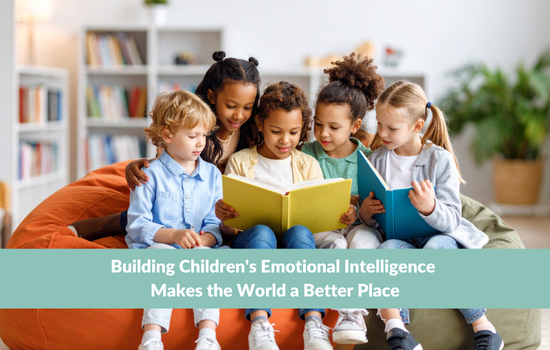Building Children's Emotional Intelligence Makes the World a Better Place
We are living in a complex world, and children's emotional intelligence is emerging as a foundational skill essential for lifelong success. By intentionally developing social skills and engaging in emotional coaching, caregivers can harness the power of brain plasticity to promote positive relationships that ripple into a better society.



























